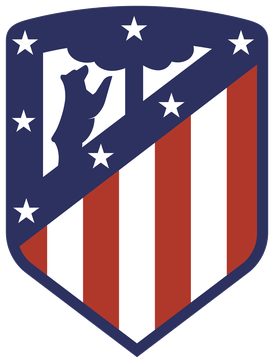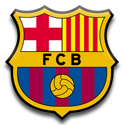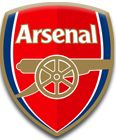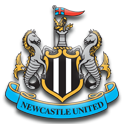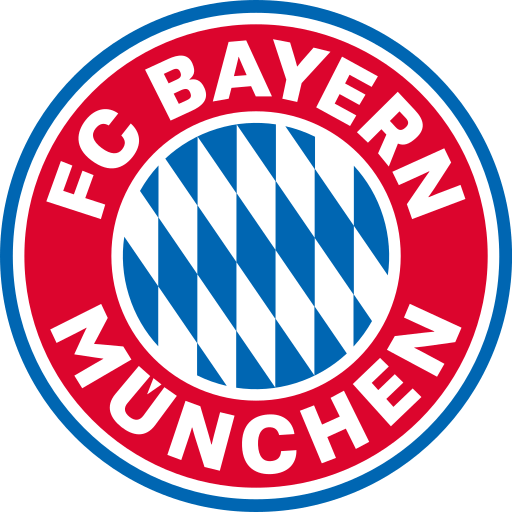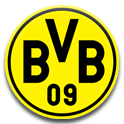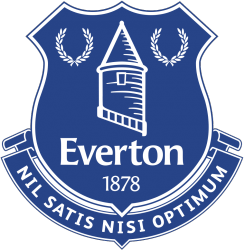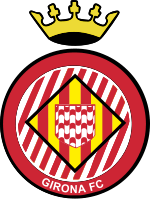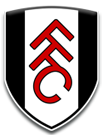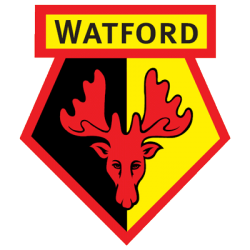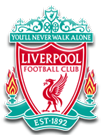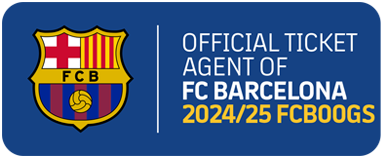Tickets finden
OUR ADVANTAGES






Three positions Arsenal need to strengthen and how they can do so
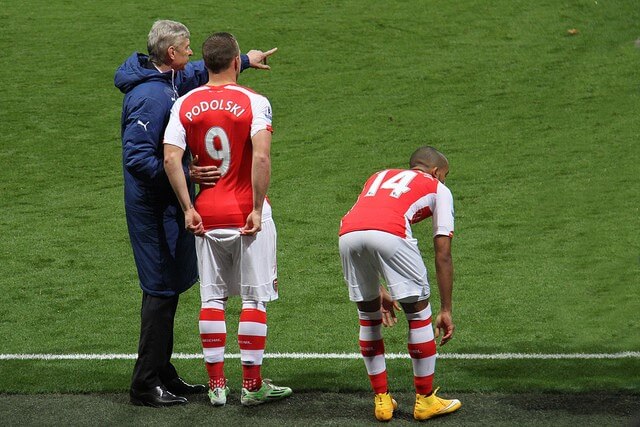
By Will Pitts
The 2015/16 season was truly a testament to the majesty of the beautiful game. It was a time of controversy, anticipation and perhaps the greatest surprise in Premier League history. Leicester City winning the league was a truly historical achievement, but truthfully, other teams just simply didn’t step up to the plate.
Arsenal were one of those teams, and their underwhelming performance ignited the same message within fans as failure to push on and win the title has since the Invincibles: Arsene Wenger needs to spend.
Changes to the club’s conservative spending policy have taken place in recent transfer windows, with big money signings like Mesut Özil and Alexis Sanchez for a combined total of £74.2 million in transfer fees. Arsenal fans still believe that the club need to match the spending of other top clubs in England, and with rumours of a £100 million deal for Paul Pogba coming out of Old Trafford; it’s easy to see why Gunners fans might be worried about falling behind their rivals.
The signing of central midfielder Granit Xhaka has eased concerns slightly, but the Arsenal squad still have glaring flaws that need to be filled this summer if Wenger’s men truly want to push for the title in what is sure to be the most competitive season yet.
Despite Arsenal scoring the fourth most goals in the league last season, it seemed Arsenal were crying out for a dedicated centre forward at times. Olivier Giroud only scored 16 times in the league, compared to Golden Boot winner Harry Kane’s 25. There were endless occasions where Arsenal’s frontmen missed obvious goal scoring opportunities; where a real clinical edge was required.
Alexandre Lacazette could be the man Arsene Wenger turns too in order to end the clubs woes in front of goal. The 25 year old French international has flown relatively under the radar, despite scoring 63 league goals for Lyon since his breakout season in 2013/14. His 21 league goals in 34 appearances last season pushed Lyon to an impressive and slightly unexpected second place finish, whereas Olivier Giroud only managed 16 in 38. Despite his impressive goal tally, Lacazette was dispossessed 2.4 times per game on average, in comparison to Giroud’s 1.6, raising questions surrounding the age old cliché: Could he cut it in the Premier League?
Despite being dispossessed more, Lacazette was considerably more useful in front of goal that Giroud last season, managing to get 57% of shots on target compared to the Arsenal target man’s 54%.
Arsenal often place a high priority on patient passing play, and definitely require their centre forwards to contribute to that kind of build-up. While Giroud has significantly improved on that aspect of his game since his arrival in North London, Lacazette still managed more than eight successful passes more per game than Giroud last season. He also contributed 10 more key passes (passes that create a goal scoring opportunity) over the course of the season, implying that the 23 year old would be the perfect fit for Arsenal’s front line.
Lacazette has already attracted attention from clubs in the English top flight and across Europe. West Ham had an offer of £31million rejected in May, and PSG are looking at the clinical Frenchman to rebuild a new-look attack around following the departure of Zlatan Ibrahimovic. As such, Arsenal may face stiff competition for his signature if they lodge a bid, which the media believes need to be in excess of £40 million to secure the promising Frenchman’s signing.
Another area causing major concern for Arsenal fans is the club’s defence. While Hector Bellerin and Nacho Monreal have been a sensation, and Laurent Koscielny has emerged as one of the world’s elite defenders, there is a glaring lack of depth in the centre of the back line. Gabriel and Mertesacker are, without a doubt, solid defenders, but only having three dedicated centre backs in a squad that could play 60 games in a season is a risk Arsene Wenger shouldn’t be willing to take.
Fabian Schar was dominant over the course of the Euros, starting every game for a Switzerland team that only conceded 2 goals in 4 games over the course of the tournament before going out on penalties to Poland. Switzerland’s attack was underwhelming throughout the competition, but their rock solid defence provided a strong base, and many considered them unlucky not to progress further.
Schar played a huge part in that, gaining plaudits for his tough tackling and comfort on the ball, making him an ideal candidate to fill the gap in Arsenal’s at-times-dubious defence. His strong performances stretch further than the Euros as well, having an inspiring season for Hoffenheim in the Bundesliga.
In all competitions, Schar managed an average of 2.3 interceptions a game. While that doesn’t sound like a considerable amount, Per Mertesacker only managed an average of 1.5. Barcelona’s Gerard Piqué, widely regarded as one of the best defenders in the world, managed 1.9 per game. It could be argued that the Catalan side are required to win the ball back less, but Schar’s dominant statistics are a real indicator of his quality. The awareness to make so many key interceptions shows a solid reading of the game, a vital characteristic of top centre-halfs.
For much of the season, Hoffenheim relied on maintaining possession in their own half, soaking up pressure, and counterattacking when necessary. As such, hard tackling was a necessary trait for Schar to possess. He won 1.3 tackles per game on average, more than Mertesacker and rivalling Arsenal’s golden boy Laurent Koscielny.
The 24 year old Swiss is still raw and obviously lacks experience in the Premier League, which can be an extremely testing environment for defenders. After such a dominant performance in the Euros, it could also be hard to prise Schar away from Hoffenheim, but money isn’t a huge issue for Premier League clubs right now, so if Wenger wants him, chances are he can afford him. Signing Schar could be a risk, given the estimated price tag of around £15 million, but at the very least he would be an extremely competent back up player. More likely though, he would develop into the rock Arsenal need alongside Laurent Koscielny.
The clubs options out on the wing also largely frustrated fans last season. While Alexis Sanchez continued to set the league alight and Joel Campbell and Alex Iwobi have finally emerged as a first team player, the rest of Arsenal’s wide options left much to be desired.
Theo Walcott disappointed continually with his lack of guile and final product; and Alex Oxlade Chamberlain still made a lot of the mistakes expected of a young player. As such, Arsene Wenger desperately needs to reinforce his attacking options either side of the midfield.
The answer to the weak points out wide should come in the form of Wolfsburg’s Julian Draxler. The versatile forward had a fantastic season in the Bundesliga, giving Dieter Hecking’s squad a clinical edge across the front line. Despite predominantly featuring on the wing, Draxler still managed to score every 0.3 games, an impressive return in any position. His eye for goal could provide another outlet for an Arsenal wide in which only two players contributed more than 10 goals in the league.
The Germany international can also contribute to creating goals as well as scoring them. Draxler completed 557 passes over the course of 21 league appearances, averaging more than twice Walcott’s successful passes per game. He also created more than double the amount of chances as Walcott per game.
At times last season, Arsenal were far too reliant on fellow German Mesut Özil to create chances. Against more organised teams, Özil was often marked out of the game, leaving a significant creative void in the Gunners line up. Signing another prolific creator will provide another outlet for Arsenal’s centre forwards to feed off and likely create more space for the No. 10 to operate, inevitably leading to more goals.
A traditionally important part of a wide forward’s role is to move aggressively with the ball, either creating space for other players or to carve out opportunities for themselves. Here is where Draxler really sets himself apart from his would-be competition at the Emirates. In all competitions, the marauding German had an average of 2.8 attacking dribbles per game in a relatively defensive Wolfsburg team. None of Arsenal’s other wingers bar Alexis managed to get even close to those figures. It’s worth considering that Wolfsburg were renowned for their strength at attacking down the wings, and it could be argued that Draxler was more central to his team than Arsenal’s wide men.
Draxler would, without a doubt, provide Arsenal with another creative outlet that, at times last season, they seemed to be craving. His versatility and adaptability to different systems, as proven by his domestic success and his performances at Euro 2016, would be a vital asset to any team. However, the £43 million estimated price tag could be a stumbling block for the North London side, given their desperate need to strengthen in other areas, and come would consider those more vital.
If Arsene Wenger makes the reinforcements listed above, Arsenal could seriously challenge in the most competitive Premier League season yet.
(Photo via Ronnie Macdonald)
Beliebte Suchbegriffe
























